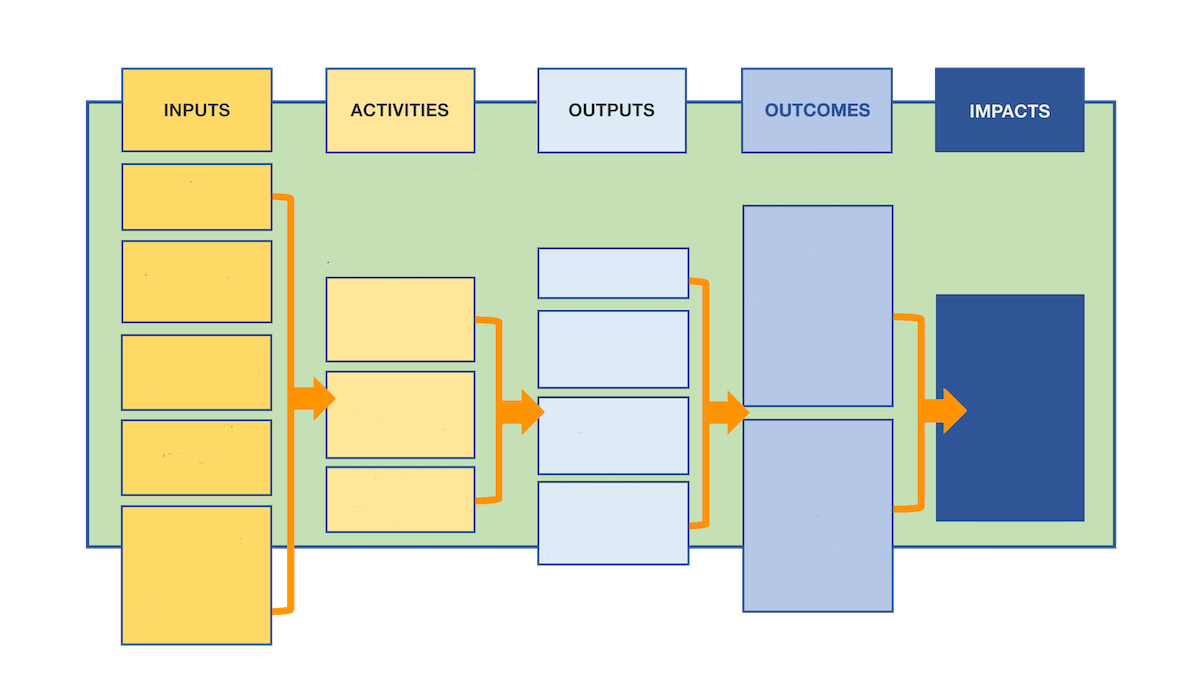24 Sep Partnerships: With, Not For: Partner Selection
With, Not For: Partner Selection Session 3 of the Partnerships Series $50 | 60 minutes Enroll Now More funders are encouraging or even requiring partnerships as an eligibility criterion. Grant professionals provide project management and often weigh in on project design elements and should challenge applicants to consider the...










